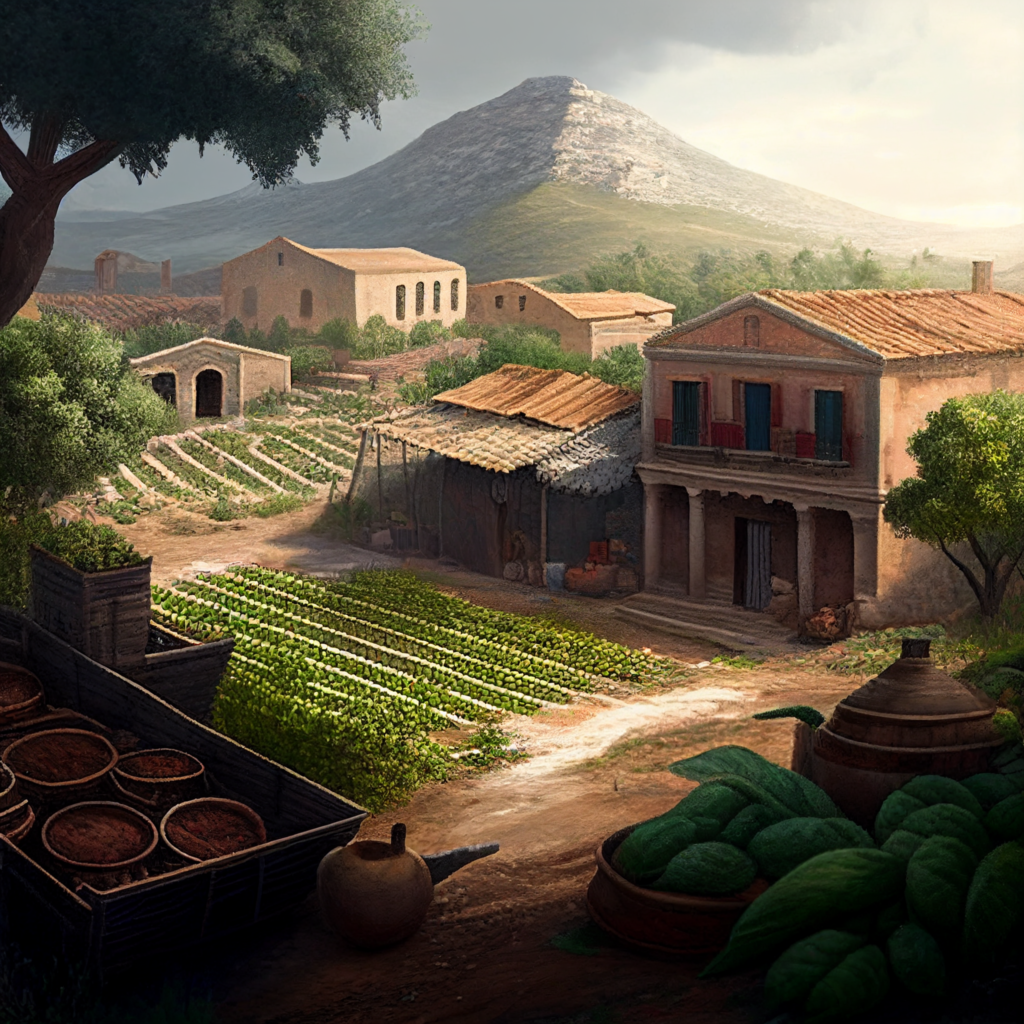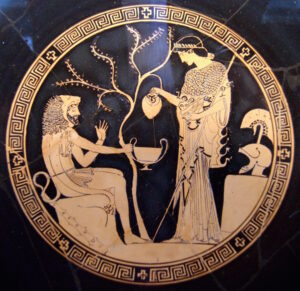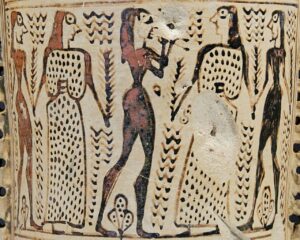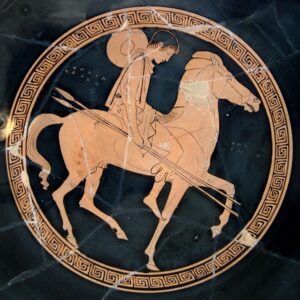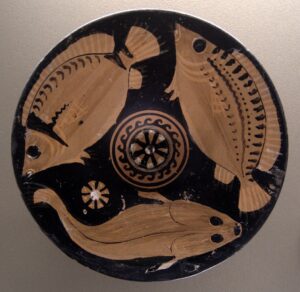Farming in ancient Greece was important to the ancient Greek economy, providing food, fiber, and other resources to support the growth and development of Greek civilization. The ancient Greeks used a variety of techniques and tools to cultivate their crops and livestock, and their innovations in agriculture helped to support their thriving economy. As well, farming was an important part of daily life in ancient Greece.
Crops and Farming in Ancient Greece
Farming was the primary source of livelihood for the majority of the population in ancient Greece. The ancient Greeks grew a wide range of crops, including wheat, barley, olives, grapes, figs, and other fruits and vegetables. These crops were grown using techniques such as crop rotation, which helped to improve soil fertility and maintain the health of the plants.
Farms in ancient Greece were typically small and were owned by individual families. They were often passed down through the generations and were considered an important part of a family’s heritage.
Farming in ancient Greece was challenging due to the terrain, which was mostly mountainous. The ancient Greeks developed terrace farming, which involved building walls on the hillsides to create flat areas for planting crops. Also, irrigation systems were also used to support agriculture in areas that would otherwise be unsuitable for farming.
The ancient Greeks also had a strong tradition of sharing and exchanging goods and knowledge with other farmers. They would help each other with planting, harvesting, and other tasks. They also had a custom of lending seeds, tools and animals to their neighbors, who would then pay back with a share of the harvest.
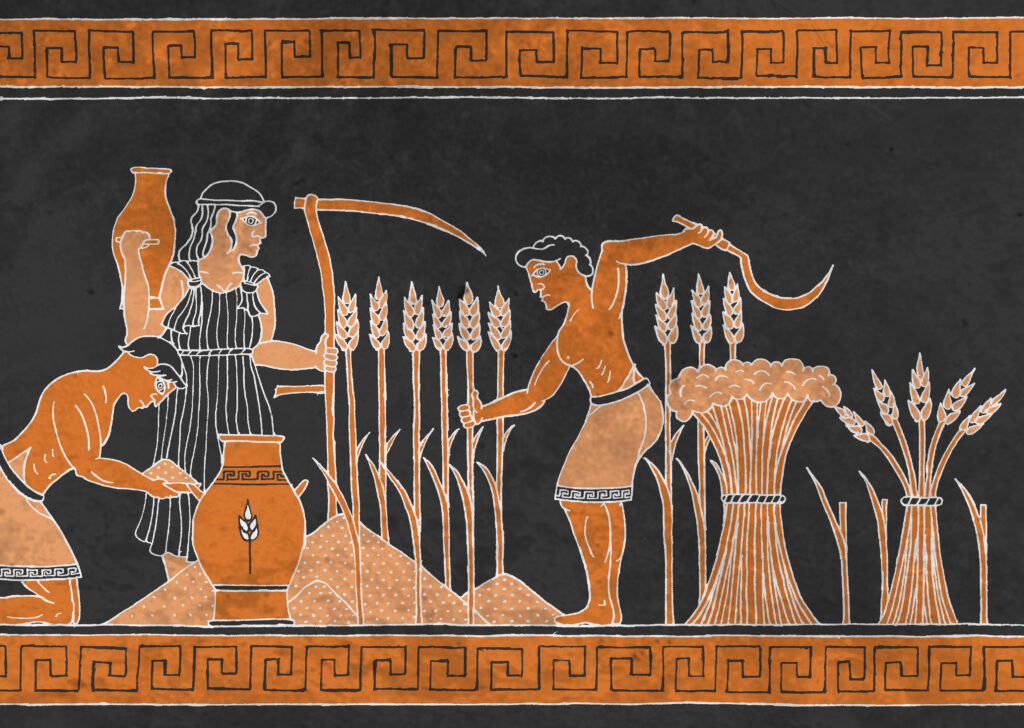
Livestock and Farming in Ancient Greece
Livestock was also an important aspect of the ancient Greek economy and farming in ancient Greece. Sheep, goats, and pigs were raised for food and trade, and these animals helped to support the livelihoods of many Greeks. The ancient Greeks also utilized their livestock for transportation and as a source of wool for clothing and other textiles.
In addition to growing crops and raising livestock mentioned above, the ancient Greeks were also skilled in a variety of agricultural practices, such as beekeeping and viticulture (grape harvesting). These practices helped to improve the efficiency and productivity of their agricultural operations, and they were critical components of the ancient Greek economy.
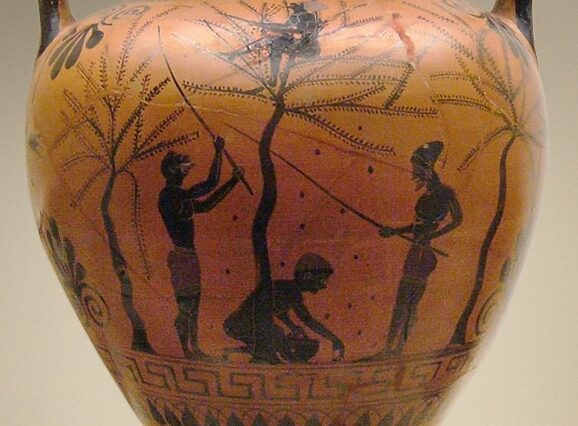
Summary of Farming in Ancient Greece
Overall, farming was a key aspect of the ancient Greek economy, and the ancient Greeks utilized a variety of techniques and tools to cultivate their crops and livestock. Their innovations in agriculture helped to support the growth and development of Greek civilization and allowed them to build a thriving and prosperous economy. Furthermore, farming was a crucial part of ancient Greek society, providing food, clothing and other necessary goods for the population and contributing to the economy of the ancient Greek city-states.

